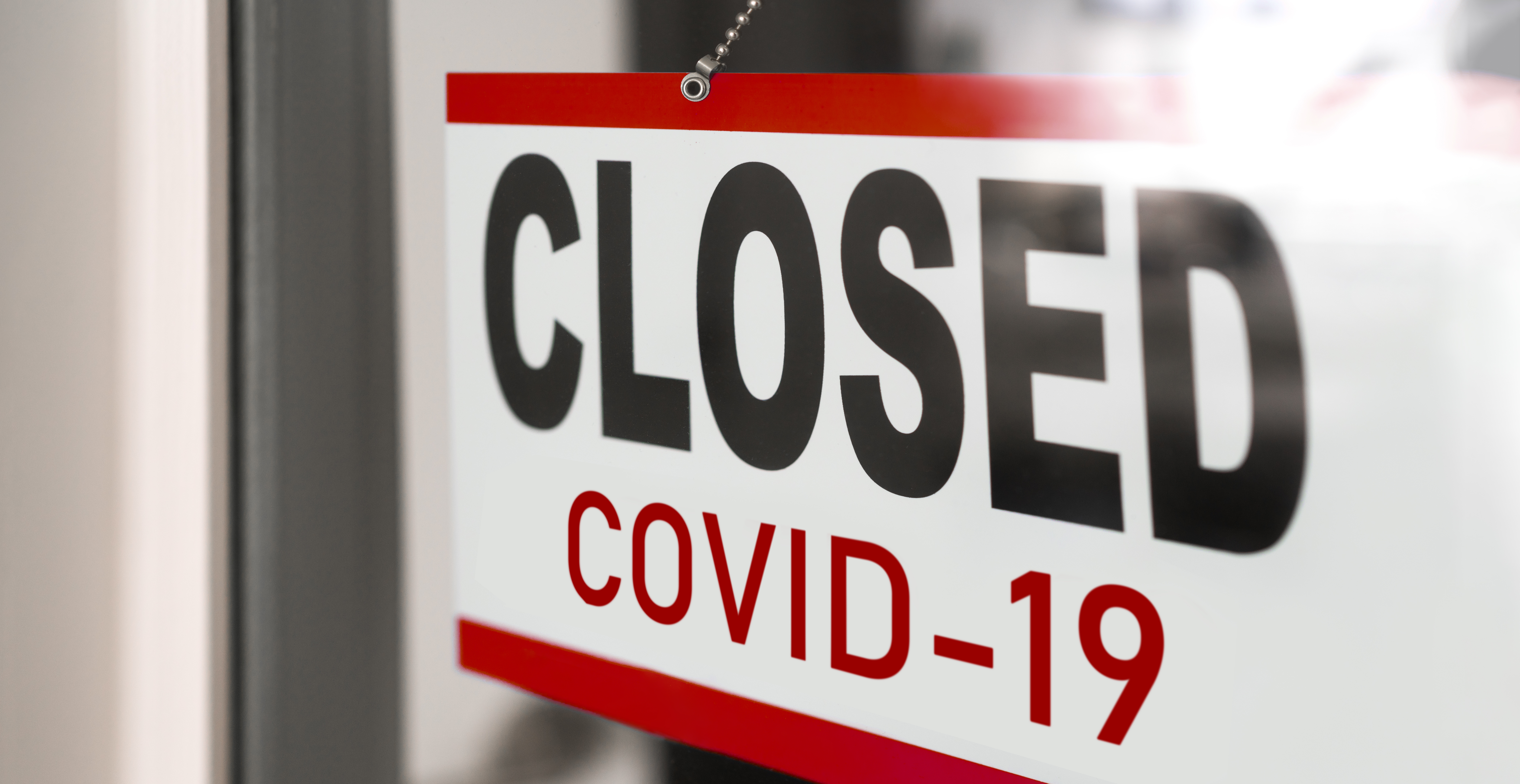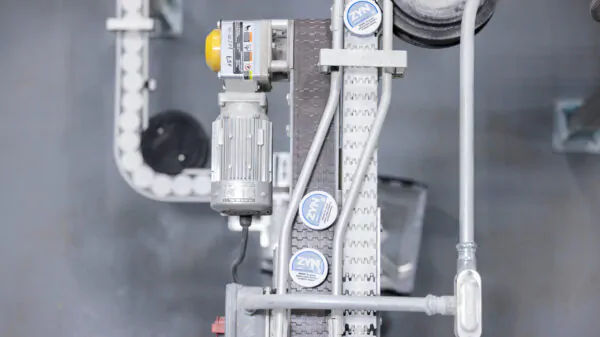The U.S. Chamber of Commerce reported Wednesday that the economic recovery is faltering amid growing concerns about a “second wave” of the pandemic. The small business recovery sputtered in recent weeks, according to a new poll of small business owners taken between July 9 and 16 released by the U.S. Chamber of Commerce and MetLife.
According to the polling, after retreating from record lows earlier this spring, key measures like perceived business health and cash flow have stalled, and the number reporting concerns around reopening guidance has increased. Despite this, small business owners remain unyieldingly optimistic with regards to future revenue and bullish on hiring and investment plans, the survey found.
Of those surveyed, 55 percent of small businesses are reporting good overall health. This is down 14 percentage points from the end of 2019. The number of small businesses that say they are in poor health has held flat at 18 percent over the month. It is double the number (9 percent) that reported the same at the beginning of 2020 prior to the pandemic; 45 percent are reporting they are not comfortable with their cash flow. This is three times higher than pre-pandemic levels.
“Small businesses face a cash flow crunch that is making it difficult for them to pay rent, payroll, and utilities,” said Tom Sullivan, U.S. Chamber vice president of small business policy. “It’s a long road to recovery, and these businesses are being tested like never before. Despite these considerable headwinds, our poll finds small businesses will innovate and fight their way to better days.”
Despite the stall around key measures of business health on Main Street, there are results showing cause for optimism. According to the poll, 86 percent of small businesses report that they have either fully or partially reopened since the pandemic began. The number of fully open businesses has climbed 11 percentage points since May.
53 percent reported that they expect next year’s revenues to increase. This is up from 50 percent in May and 47 percent from April. Just 18 percent of business owners expect their revenues to decrease next year. 35 percent of small business owners report that they are now more likely to increase investments in the upcoming year. This is up eight percentage points from May. This is nearly double the number that report plans to reduce investments (18 percent).
“We know concerns remain among small businesses as they contemplate future spikes and a potential second wave of the virus,” said Jessica Moser, senior vice president, Small and Specialty Business at MetLife. “But the fact that 55% of owners say that their businesses are in good health and 53% say they expect next year’s revenue to increase, leaves room for some cautious optimism for the future.”
60 percent of small businesses report maintaining the same size staff over the last year. This is down from 67 percent in May. 20 percent report increasing staff. This is up from 13 percent in May. 30 percent however say that they anticipate increasing staff in the next year. This is up seven percentage points since late May). 29 percent report that they have adjusted their employee salaries or hours in response to the pandemic.
78 percent of small businesses remain concerned about the impact of coronavirus on their businesses. 65 percent are concerned that they will have to close again or stay closed if there is a second wave of COVID-19. Among those who have already had to endure a COVID shutdown, 85 percent report being concerned about a second wave. Small businesses in the South are the region most concerned about a second wave – 72 percent. The industry most concerned is the service industry at 72 percent.
Seventy percent of small business owners report they have adjusted business operations to prepare for a second wave of COVID-19 and a second wave of business interruptions. 30 percent report that they have been evaluating long term staffing plans or making plans for future layoffs to prepare for a second wave. 32 percent report that they are purchasing additional supplies to prevent shortages for another business interruption. 29 percent report that they are updating their website and/or social media profile(s) to prepare for a second business interruption. 25 percent report that they are ncreasing e-commerce or digital payment options.
56 percent of small businesses expressed concern over the lack of guidance on proper reopening procedures. This is up eight percentage points from the previous report released in June.
“As America’s businesses look to reopen safely and keep their employees and customers healthy, employers are facing unprecedented new challenges and are looking for certainty from our elected leaders,” Sullivan said. “Main Street needs assurances from Washington that small business will remain a priority in rebuilding America’s economy. It’s a long road to recovery, but SBA loan assistance and nation-wide liability protections will help small businesses get back up and running at full speed.”
56 percent report that they believe it will take six months to a year before the small business climate returns to normal. This is in line with late May’s 55 percent. 7 percent responded that they think that it will never return to normal.
The Small Business Coronavirus Impact Poll is a special monthly coronavirus report, separate from the quarterly MetLife & U.S. Chamber of Commerce Small Business Index.
The U.S. has had 4,568,375 coronavirus cases thus far in the global pandemic. 153,848 Americans have already been killed by COVID-19, including 1,489 in Alabama. 2,245,521 have recovered from their illnesses.






















































